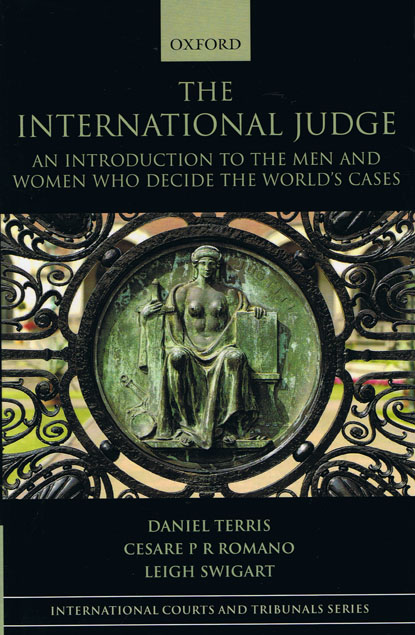
Over the last century, international courts, once reserved for arcane matters of diplomacy and trade, have begun to address a broad range of human experience and activity. This volume corrects some of the common misperceptions about international judges, while providing a balanced introduction to both the strengths and shortcomings of their work. As they rule on crucial issues of war and peace, human rights, and trade, in addition to high-profile criminal trials, international judges are playing a critical role in developments that will affect world affairs for years to come. Based on interviews with more than 30 international judges, this volume is the first comprehensive portrait of the men and women in this new global profession. The working environment of international judges is closely examined in courts around the world, highlighting the challenge of carrying out work in multiple languages, in the context of intricate bureaucratic hierarchies, and with a necessary interdependence between judges and their courts' administration.
Arguing that international judges have to balance their responsibilities as interpreters of the law and as global professionals, the authors discuss the challenges of working in the fluid circumstances of international courts. Profiles of five individual judges provide insight into the experience and dilemmas of the men and women on the international bench.